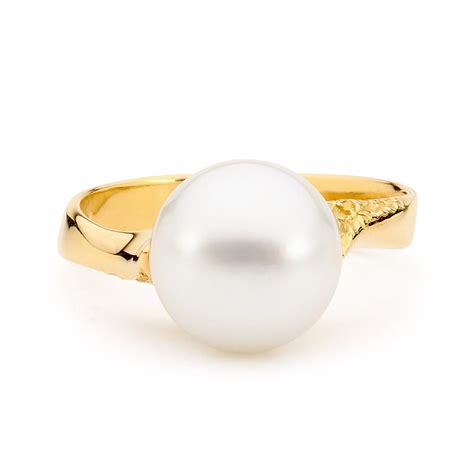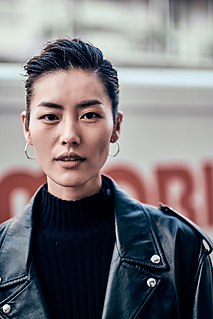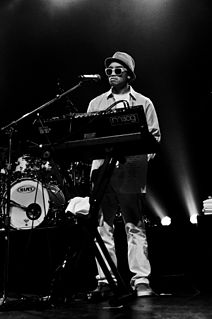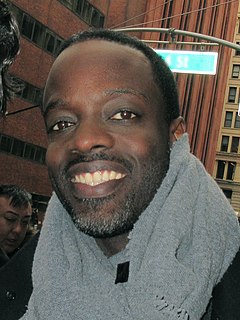A Quote by Pearl Tan
Sometimes I feel embarrassed because I'll tell the kids if someone is driving really slow or cutting in, I'll say "Bloody Asian drivers." But I feel justified in saying it because I'm Asian.
Related Quotes
I always feel like people misunderstand the difference between an Asian story and an Asian-American story. That's completely different, too. I have friends who grew up in Asia, and our experiences are so different. Even though we might look the same, I feel like being Asian and then being Asian-American is completely different.
We feel properly embarrassed when we are caught doing something that makes us look inept, knuckleheaded, or inappropriate. Maybe the difference is this: we feel embarrassed because we look bad, and we feel shame because we think we are bad. When we are embarrassed, we feel socially foolish. When we are shamed, we feel morally unworthy.
I feel like I'm a New Yorker because I really know the city. I actually tell the drivers where to go - I have this bad habit, I always question the drivers. I do that all the time because I feel like I know the best way, when really it's like, 'Yo, man, shut up. This dude does this every day of his life.'
The Chinese Student Association at Cornell put together their own play. It was all Asian people in the cast except for me, because they wanted to do a couple of scenes about an interracial relationship. I was the only non-Asian person on stage; the entire audience was Asian apart from my 10 friends that showed up.
My brother often complains to me about the 'angry Asian male' in the United States. As a female, I haven't encountered this, but Asian-American men are angry. They're angry because, for so many years, they've been neglected as sex symbols. Asian women have it much easier, I think; we're accepted into various circles.
It's very difficult to be asking other people for opportunities. It is much more empowering to be creating opportunities, to be the one who is saying, 'Look, I'm going to take this from the ground up and create a story that is meaningful to me as an Asian American and cast it with Asian Americans and have Asian Americans writing it.'































